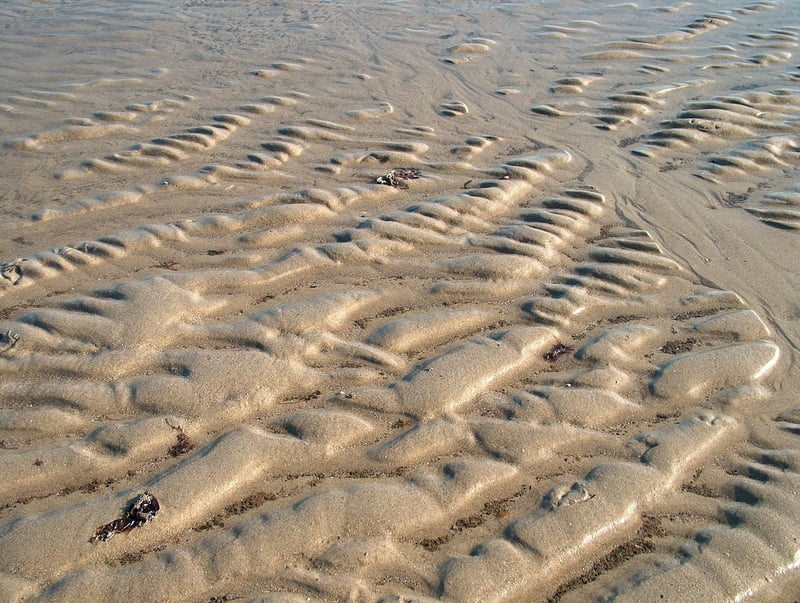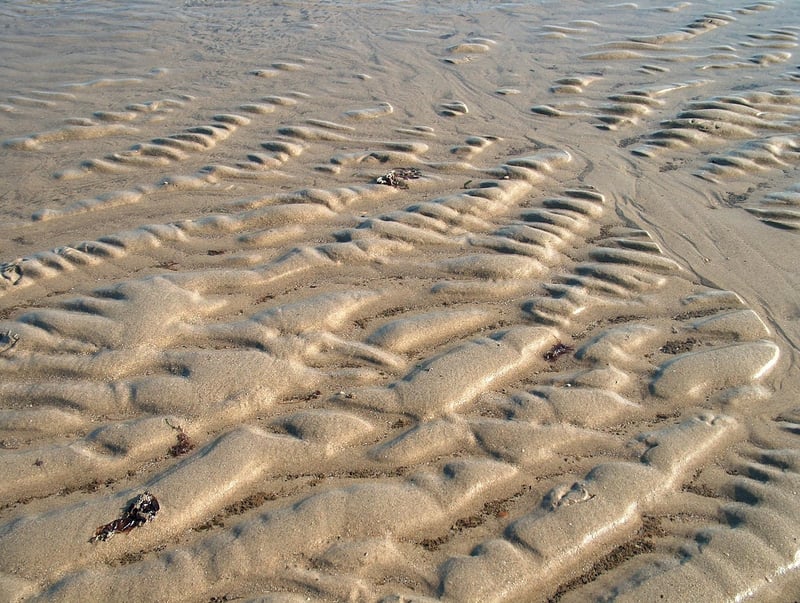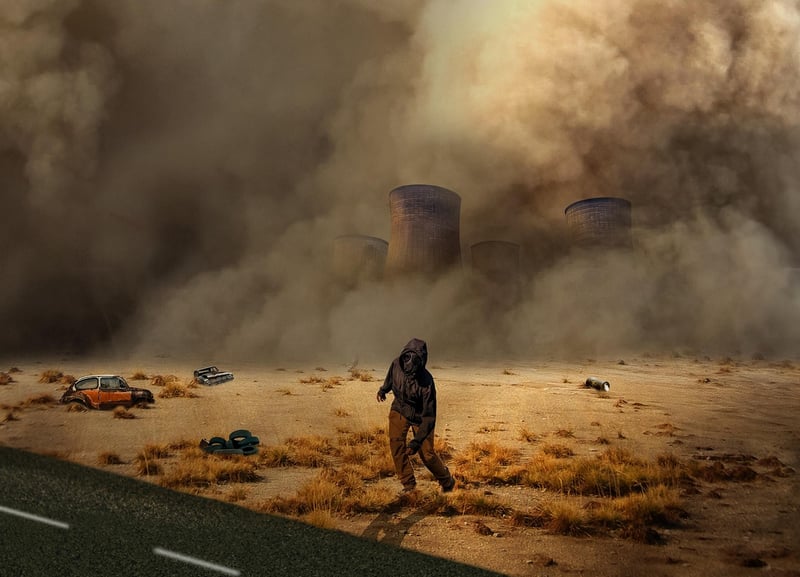Future Dystopia
Exploring Different Eras and a Future Dystopia
Throughout history, humanity has experienced various eras characterized by unique cultural, technological, and social developments. From ancient civilizations to modern times, each era has left its mark on society. Let's take a journey through different historical periods and speculate on what the future might hold in a dystopian world.
Ancient Era
The ancient era, spanning from the emergence of early civilizations to the fall of the Roman Empire, was a time of great innovation and exploration. From the pyramids of Egypt to the philosophical teachings of ancient Greece, this period laid the foundation for many aspects of modern society.

Medieval Era
The medieval era, marked by feudalism, chivalry, and the rise of powerful empires, was a time of conflict and cultural exchange. Castles, knights, and epic battles defined this period, shaping the course of European history.

Industrial Revolution
The industrial revolution transformed society with the advent of machinery, factories, and urbanization. This era marked a shift from agrarian economies to industrialized nations, leading to rapid technological advancements and social changes.

Modern Times
In the modern era, globalization, digital technology, and cultural diversity have reshaped the world. From space exploration to the internet revolution, this period has seen unprecedented progress in science, communication, and human rights.

Future Dystopia
As we look to the future, the concept of a dystopian world looms large in popular culture and speculative fiction. Imagining a future where society is oppressive, technology dominates every aspect of life, and environmental degradation has reached a breaking point raises important questions about our current trajectory.

Reflecting on these different eras and contemplating a potential future dystopia allows us to appreciate the progress made, understand the challenges faced by past generations, and consider the impact of our choices on the world we will leave for future generations.
